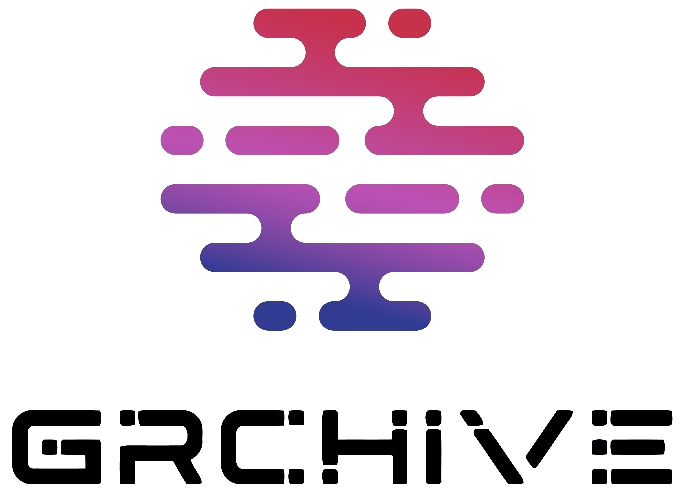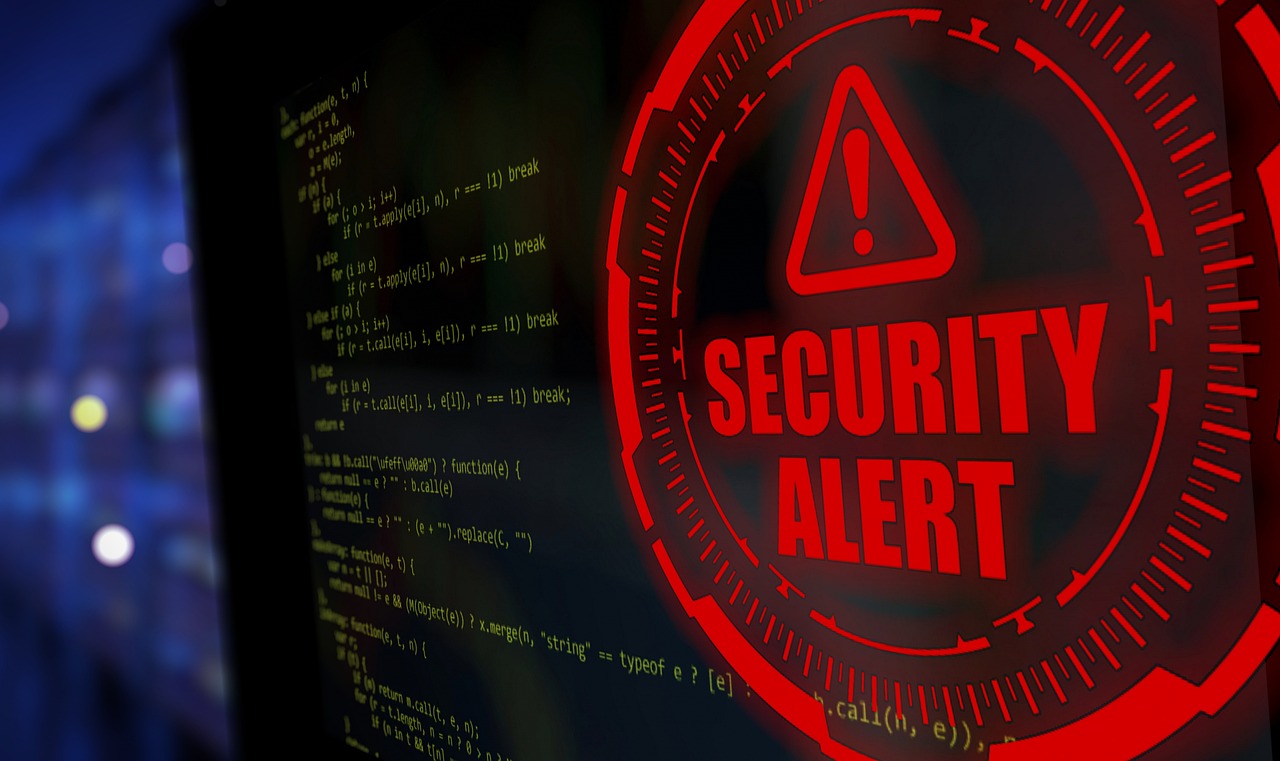1. EXECUTIVE SUMMARY
CVSS v4 8.7
ATTENTION: Exploitable remotely/low attack complexity
Vendor: Rockwell Automation
Equipment: Pavilion 8
Vulnerability: Incorrect Permission Assignment for Critical Resource
2. RISK EVALUATION
Successful exploitation of this vulnerability could allow an attacker to create new users and view sensitive data.
3. TECHNICAL DETAILS
3.1 AFFECTED PRODUCTS
The following versions of Rockwell Automation Pavilion 8, a Model Predictive Control (MPC) solution, are affected:
Pavilion 8: Versions 5.15.00 to 5.20.00
3.2 Vulnerability Overview
3.2.1 Incorrect Permission Assignment for Critical Resource CWE-732
A privilege escalation vulnerability exists in the affected products which could allow a malicious user with basic privileges to access functions which should only be available to users with administrative level privileges. If exploited, an attacker could read sensitive data and create users. For example, a malicious user with basic privileges could perform critical functions such as creating a user with elevated privileges, or reading sensitive information in the “views” section.
CVE-2024-6435 has been assigned to this vulnerability. A CVSS v3.1 base score of 8.8 has been calculated; the CVSS vector string is (AV:N/AC:L/PR:L/UI:N/S:U/C:H/I:H/A:H).
A CVSS v4 score has also been calculated for CVE-2024-6435. A base score of 8.7 has been calculated; the CVSS vector string is (CVSS4.0/AV:N/AC:L/AT:N/PR:L/UI:N/VC:H/VI:H/VA:H/SC:N/SI:N/SA:N).
3.3 BACKGROUND
CRITICAL INFRASTRUCTURE SECTORS: Critical Manufacturing
COUNTRIES/AREAS DEPLOYED: Worldwide
COMPANY HEADQUARTERS LOCATION: United States
3.4 RESEARCHER
Rockwell Automation reported this vulnerability to CISA.
4. MITIGATIONS
Rockwell Automation recommends users update to Pavilion8 version 6.0 or greater.
Users using the affected software and who are not able to upgrade to one of the corrected versions are encouraged to apply security best practices, where possible.
Limit access to only users who need it.
Periodically review user access and privileges to confirm accuracy.
Security Best Practices
CISA recommends users take defensive measures to minimize the risk of exploitation of this vulnerability, such as:
Minimize network exposure for all control system devices and/or systems, ensuring they are not accessible from the internet.
Locate control system networks and remote devices behind firewalls and isolating them from business networks.
When remote access is required, use more secure methods, such as Virtual Private Networks (VPNs), recognizing VPNs may have vulnerabilities and should be updated to the most current version available. Also recognize VPN is only as secure as the connected devices.
CISA reminds organizations to perform proper impact analysis and risk assessment prior to deploying defensive measures.
CISA also provides a section for control systems security recommended practices on the ICS webpage on cisa.gov/ics. Several CISA products detailing cyber defense best practices are available for reading and download, including Improving Industrial Control Systems Cybersecurity with Defense-in-Depth Strategies.
CISA encourages organizations to implement recommended cybersecurity strategies for proactive defense of ICS assets.
Additional mitigation guidance and recommended practices are publicly available on the ICS webpage at cisa.gov/ics in the technical information paper, ICS-TIP-12-146-01B–Targeted Cyber Intrusion Detection and Mitigation Strategies.
Organizations observing suspected malicious activity should follow established internal procedures and report findings to CISA for tracking and correlation against other incidents.
No known public exploitation specifically targeting this vulnerability has been reported to CISA at this time.
5. UPDATE HISTORY
July 16, 2024: Initial Publication

